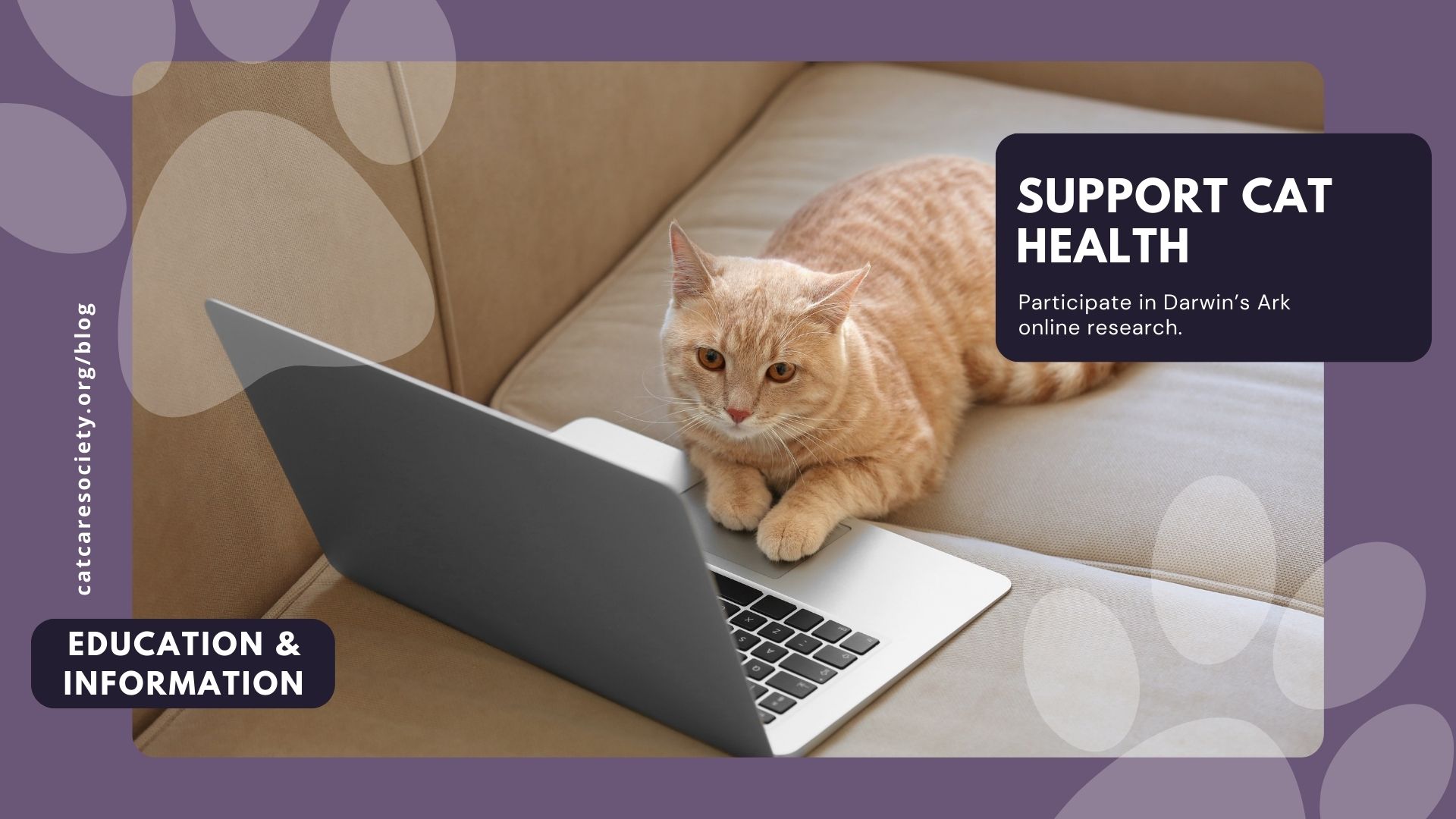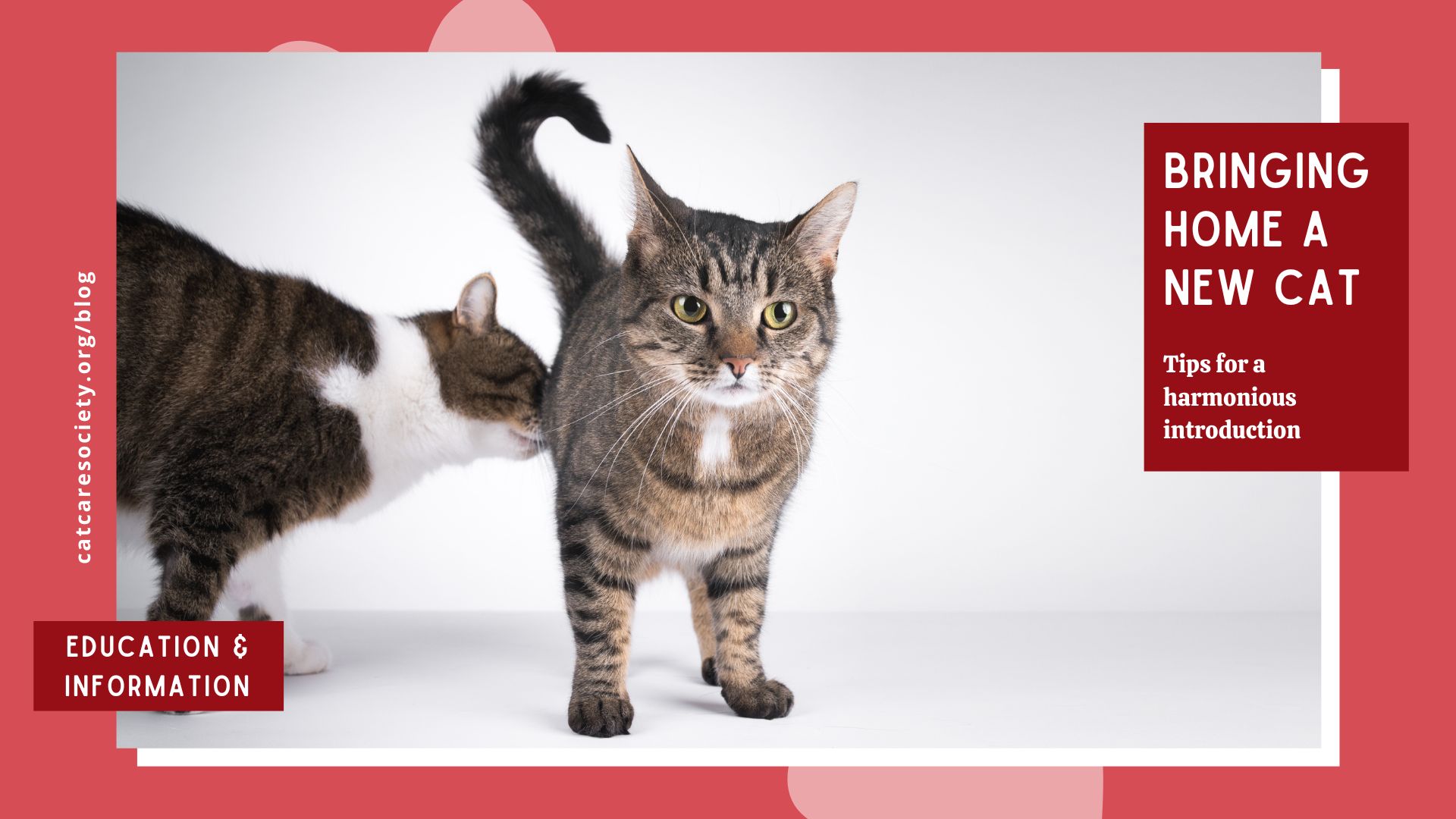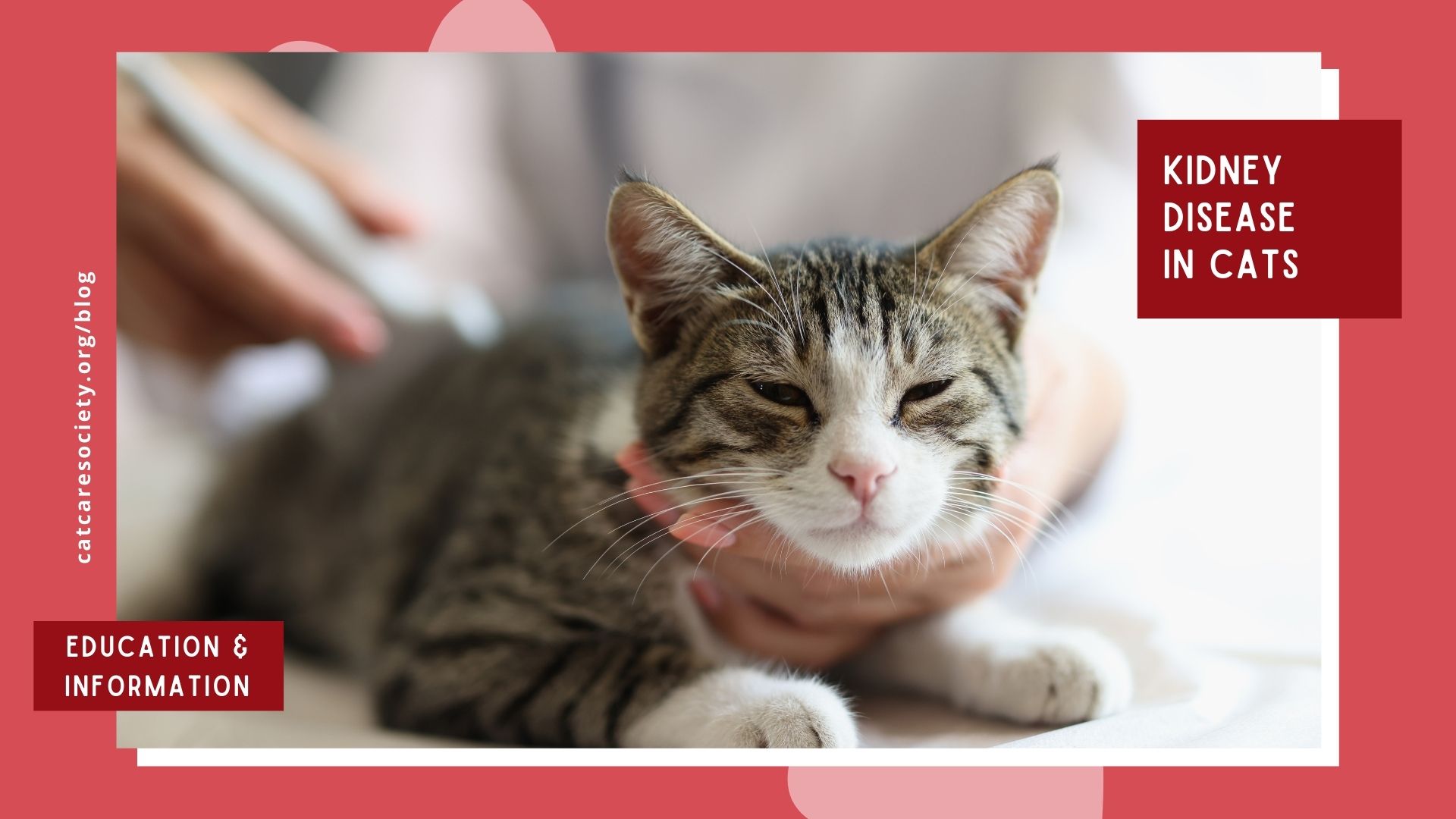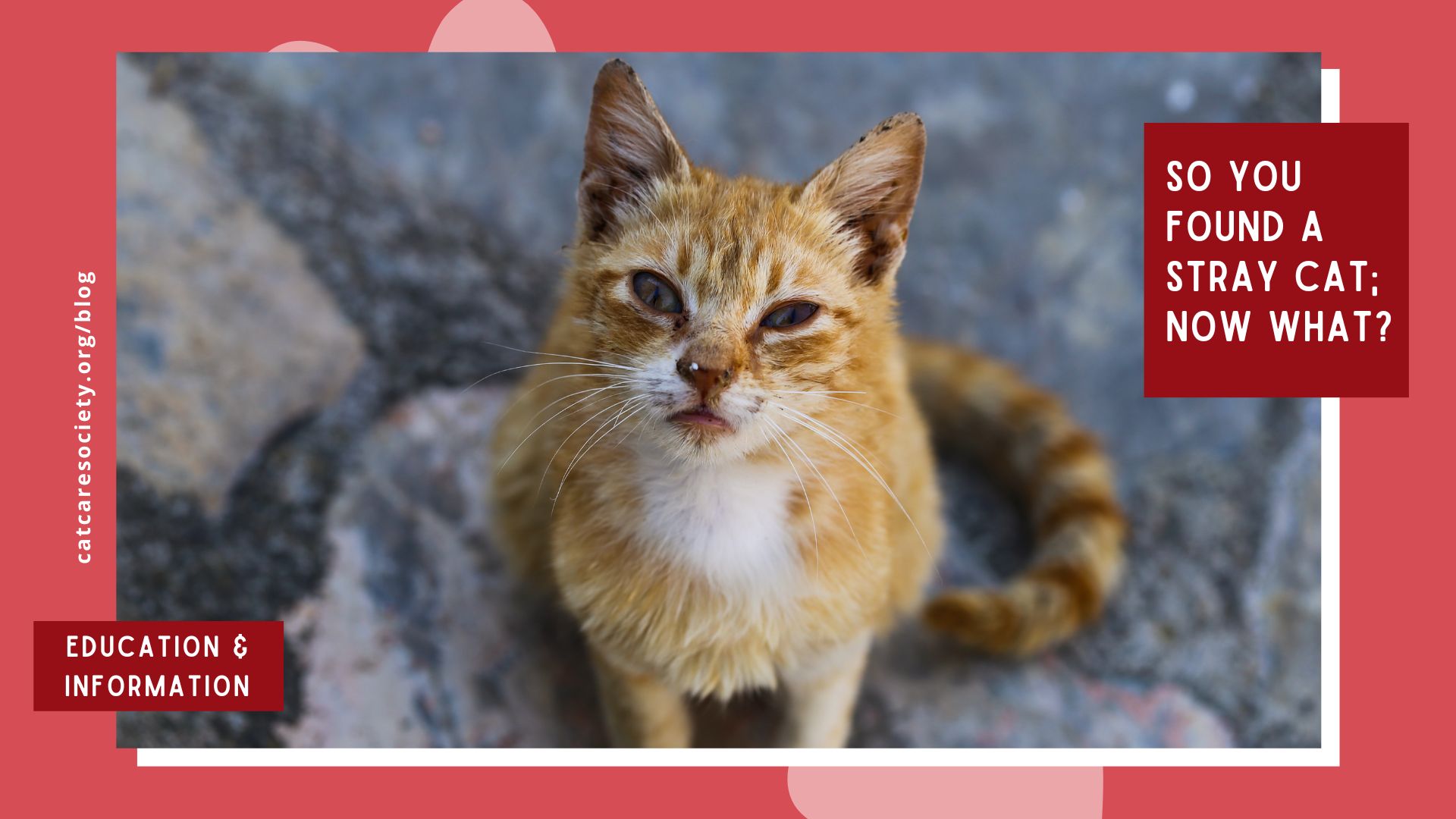Let’s be honest—if you’re reading this, we probably don’t need to tell you how much joy cats bring into our lives. You already know the comfort of a purring cat in your lap, the entertainment of zoomies, and the simple calm of a cat sunbathing in a window. Cats are family.
But even though they’ve stolen our hearts (and our favorite spots on the couch), there’s still so much we don’t understand about their health. That’s where research comes in—and your participation can help in uncovering the mysteries behind feline wellness.
The Need for More Research on Cats
The health and wellbeing of cats often get overlooked in comparison to other pets like dogs. While research into canine health has flourished over the years, we’re only beginning to scratch the surface (pun intended) when it comes to understanding the unique needs and medical conditions of cats. From chronic illnesses like feline diabetes and kidney disease to behavioral issues such as anxiety and aggression, there are still many unanswered questions about what causes these conditions and how to best treat them.
To improve the lives of cats everywhere, we need more research. By deepening our understanding of how cats experience illness, aging, and stress, we can develop better treatments, prevention strategies, and care—helping them live longer, healthier, and happier lives.
Enter Darwin’s Ark: A Platform for Scientific Research
One exciting initiative that aims to fill this gap in feline research is Darwin’s Ark, an online platform started by two pet lovers, a geneticist and an engineer, to advance scientific understanding of pet health. The website is an invaluable resource for anyone passionate about improving the lives of both dogs and cats through data-driven research.
For our purposes, we’re focusing on cat health, and at its core, Darwin’s Ark is about collecting and analyzing data from real cats living in homes, shelters, and other environments. The goal is to create a comprehensive database that researchers can use to study genetic and environmental factors that influence cat health. By gathering data on everything from a cat’s breed and genetic makeup to its medical history and behaviors, Darwin’s Ark provides vital insights that can shape future research.
How You Can Contribute to Cat Health Research
The beauty of Darwin’s Ark is that it allows cat owners and shelters alike to play an active role in research. By participating in the program, you’re contributing valuable information that could lead to breakthroughs in veterinary science. Here’s how you can get involved:
- Register Your Cat: By signing up on Darwin’s Ark, you can submit data about your cat’s health, lifestyle, and behavior. This information can help create a broader picture of feline wellbeing and may reveal patterns or correlations that were previously unknown.
- Participate in Research Surveys: For each cat you register, there are ongoing surveys to complete related to the cat’s health, behavior, lifestyle, and more. By completing these surveys, you’ll be directly contributing to our understanding of cats. Most surveys just take 2-3 minutes!
- Sequence Your Cat’s DNA: Through Darwin’s Ark, you can pay for a genetic sequencing kit to sequence your cat’s DNA, which can help scientists uncover genetic links to cat physiology, behavior, ancestry, and risk factors for disease.
- Spread the Word: Even if you aren’t able to participate in the research yourself, you can still make a difference by sharing the platform with other cat lovers. The more data that’s collected, the more comprehensive the research will be! Additionally, you can also follow and share their news and research posted on Facebook and Instagram.
The Bigger Picture: How This Research Benefits All Cats
The research conducted through Darwin’s Ark has the potential to change the way we think about feline health. By looking at the genetic and environmental factors that influence cats’ lives, researchers can gain a better understanding of how diseases like cancer, heart disease, and even infectious illnesses develop in cats. This information will help veterinarians make more accurate diagnoses, prescribe better treatments, and ultimately improve the lives of cats.
But it’s not just about medical conditions. Research into feline behavior and mental health is equally important. Many cats suffer from anxiety, depression, or stress, often due to changes in their environment, lack of stimulation, or inadequate socialization. By understanding the root causes of these behavioral issues, we can develop strategies to create happier, more well-adjusted cats who can thrive in their homes.
Additionally, shelters can use the findings from these studies to provide better care for cats in their care. Whether it’s understanding how to better treat sick cats, providing more enrichment opportunities, or improving the adoption process, data-driven research will help shelters give cats the best possible chance at a healthy and fulfilling life.
Closing
In the grand scheme of things, supporting research into feline health is about more than just helping individual cats—it’s about ensuring that all cats, everywhere, can live longer, healthier lives. The more we know, the better we can protect and care for our kitty companions, whether they’re our beloved pets at home or shelter cats.
For more information or to get started, visit Darwin’s Ark today and be sure to check out their fascinating blog article on why cats are so understudied. By supporting platforms like Darwin’s Ark, we take a step toward making a tangible difference in the lives of cats, promoting better health outcomes, and advancing our understanding of these extraordinary animals. Every small contribution counts—whether it’s participating in research, sharing the word, or making a donation. Let’s work together to ensure that all cats can live their best lives.
About the Author: Beth Dokolasa is a volunteer for Cat Care Society and serves on the Board of Directors. She is an instructional developer for Natural Grocers and lives in Indian Hills, Colo., with her husband, daughter, and two cats, Techno and Digit.





